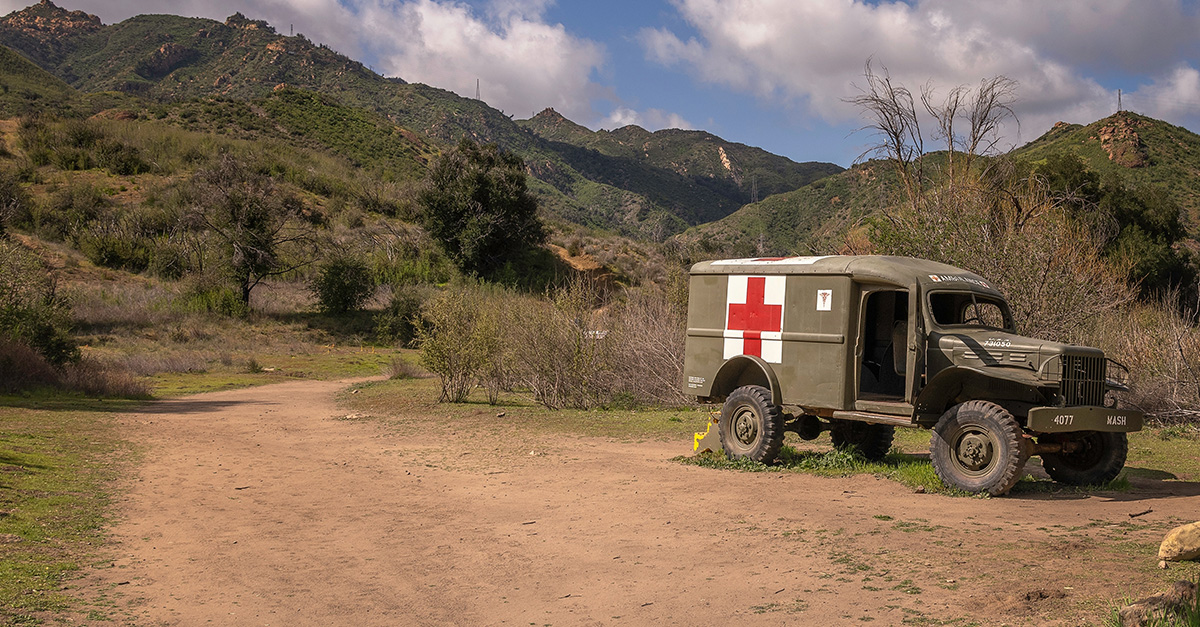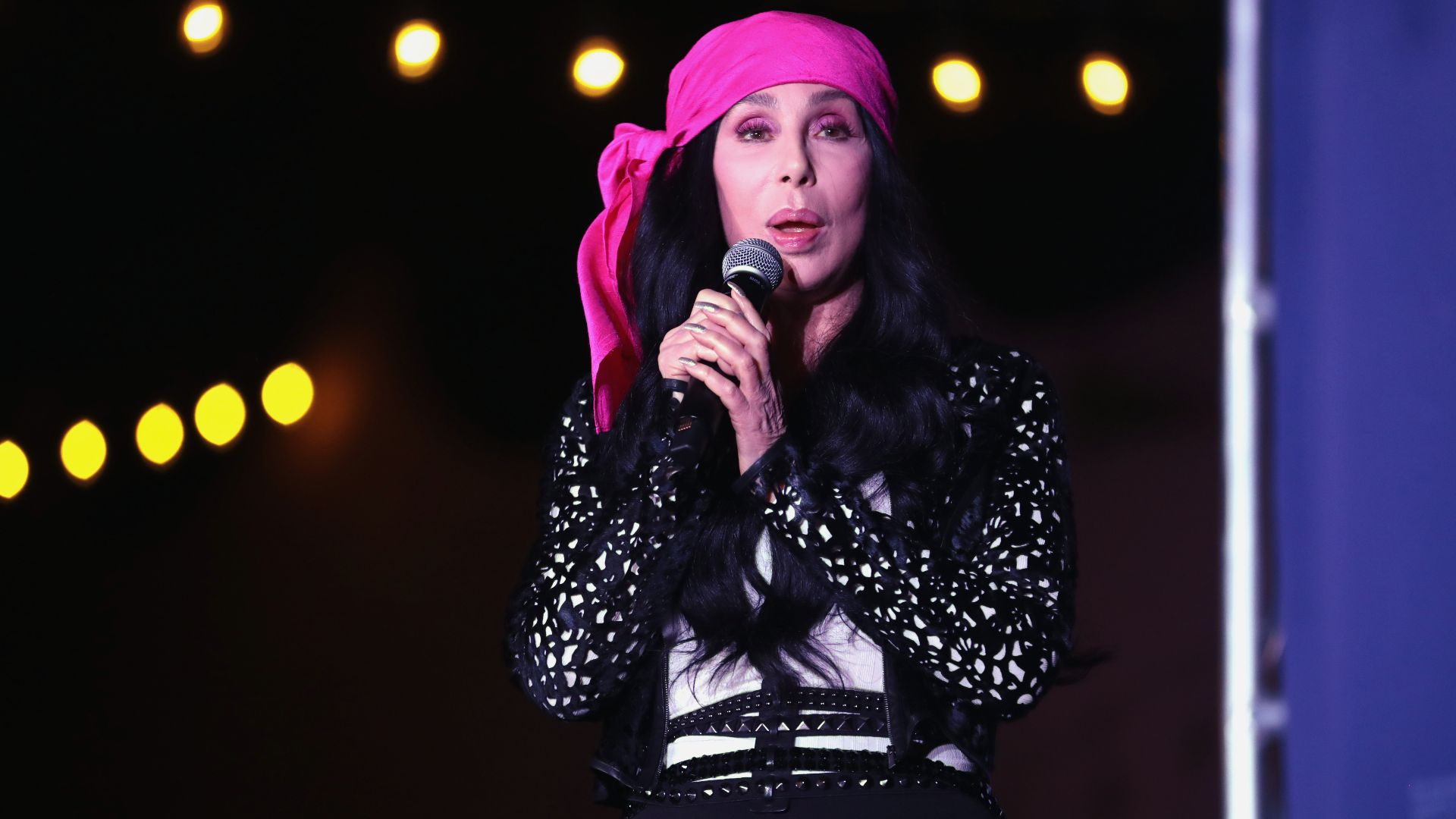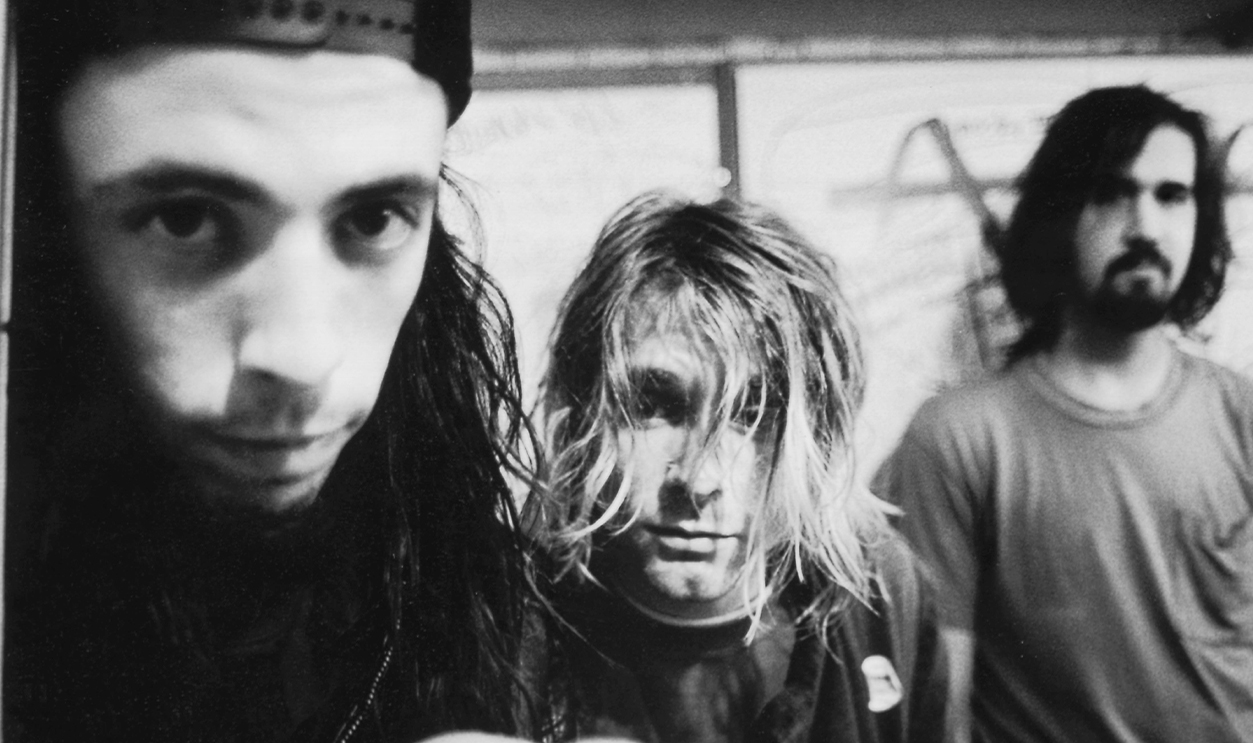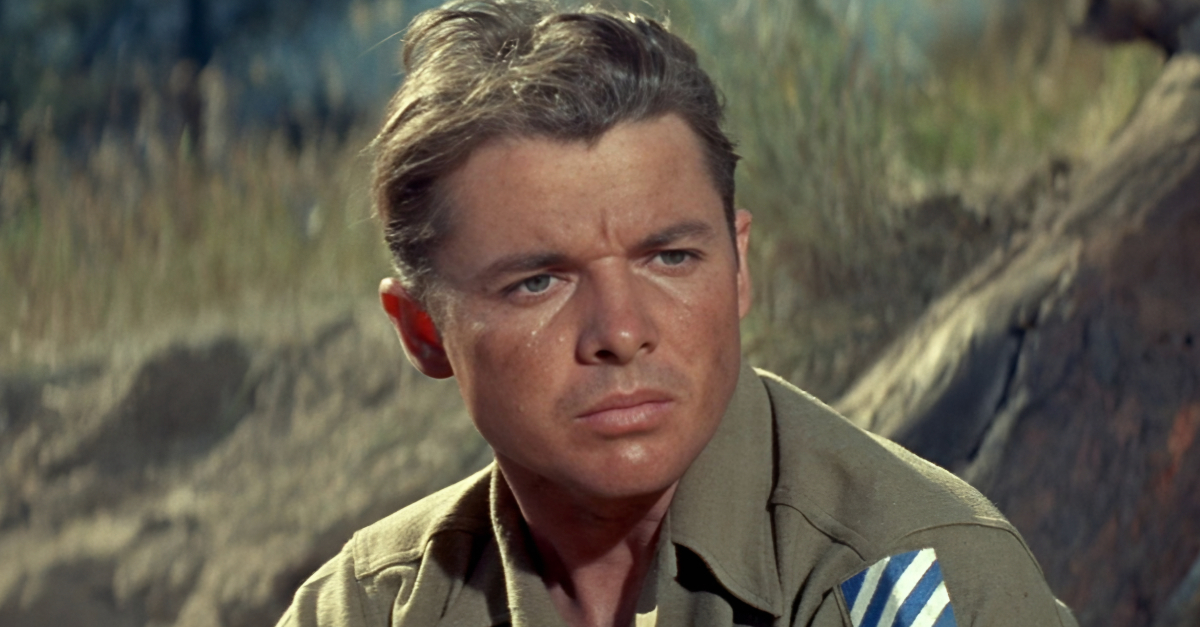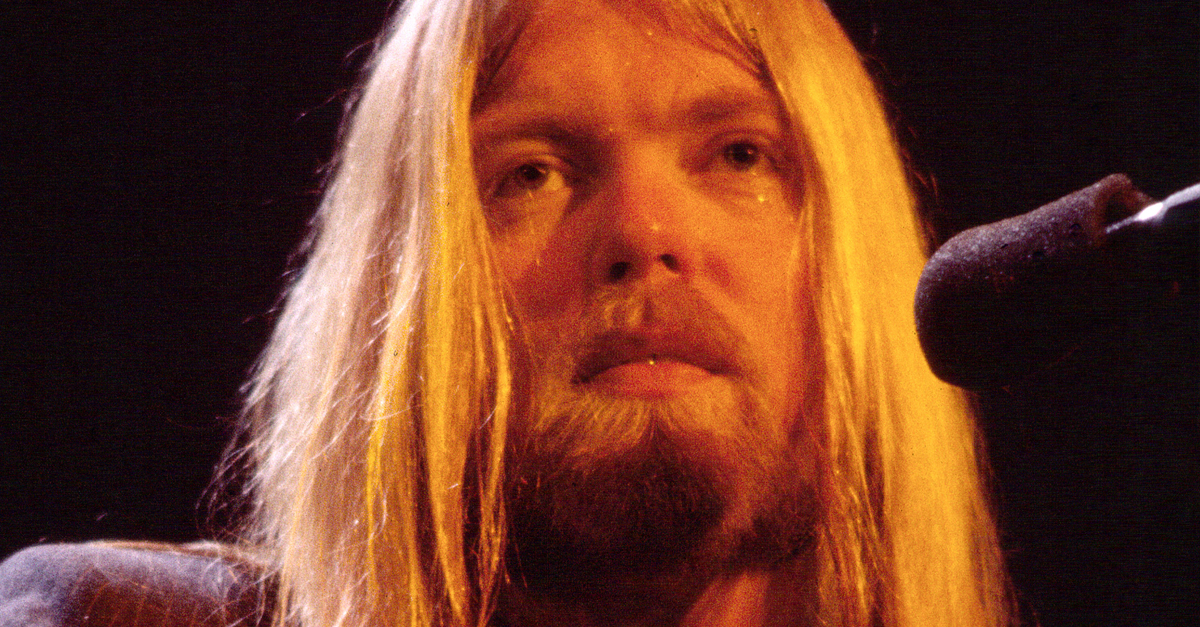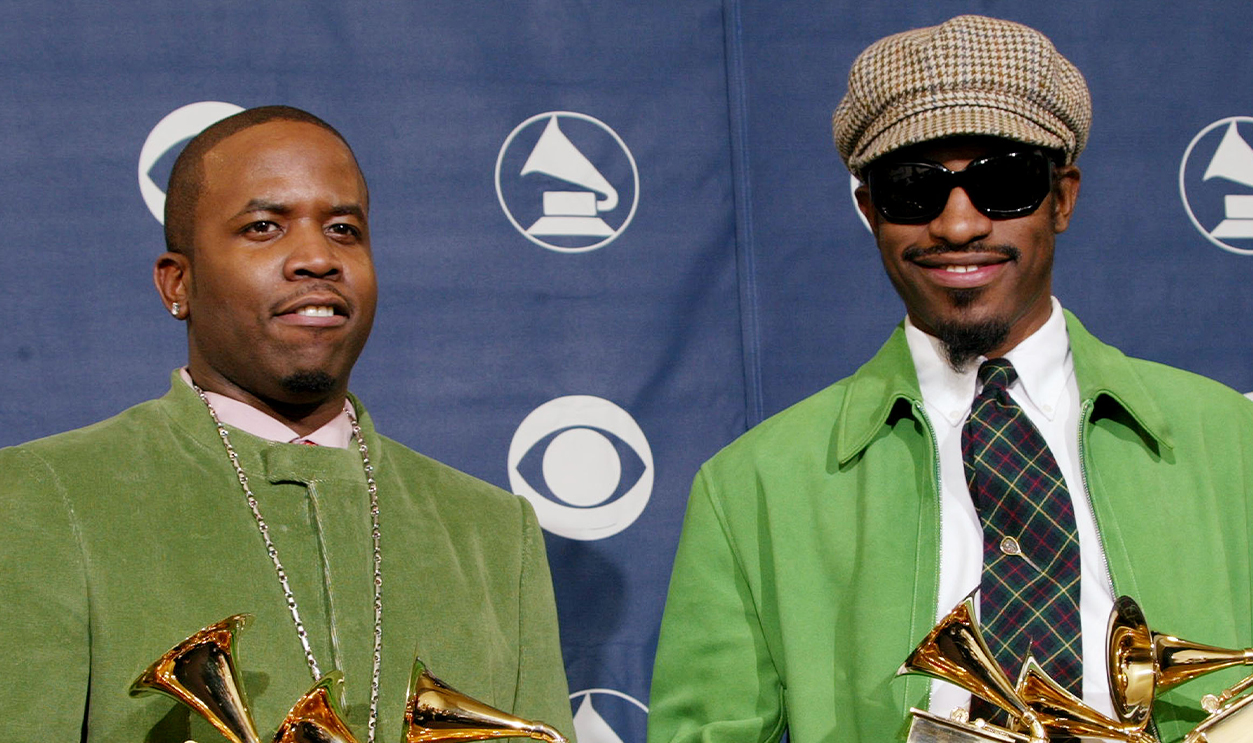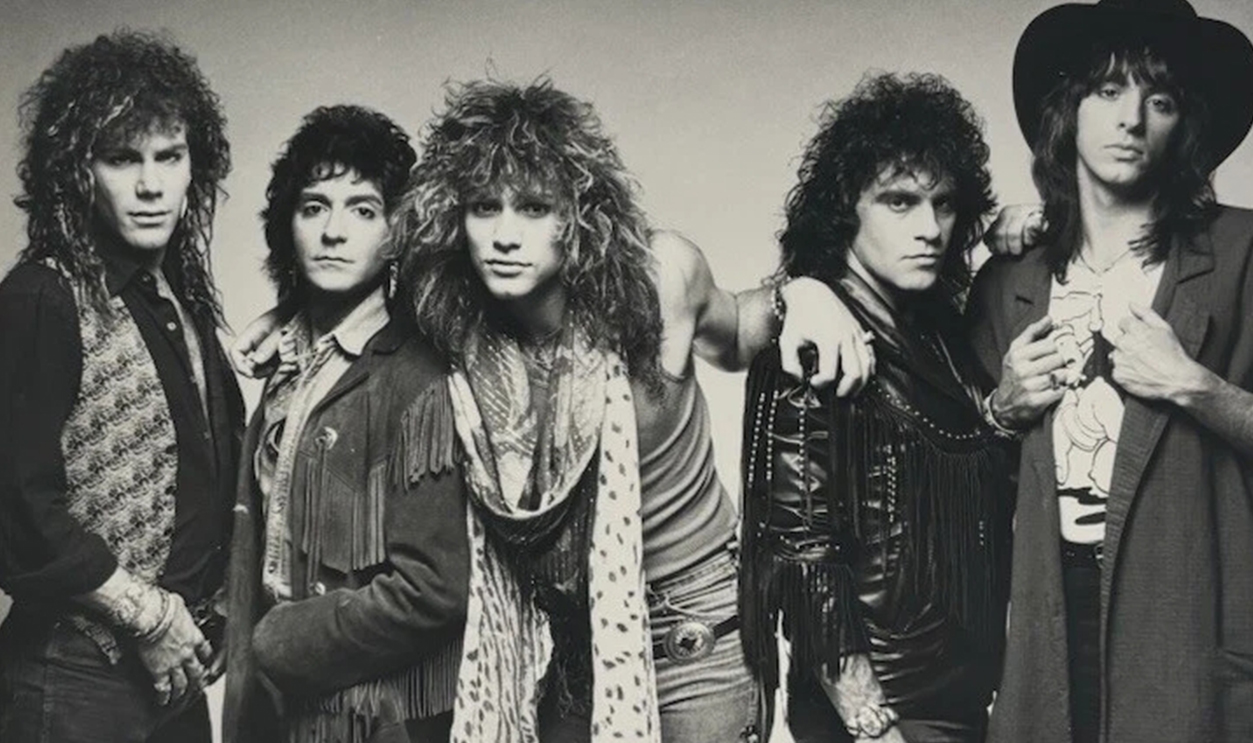When The Movie Is Eclipsed By Its TV Spin-Off
Sometimes, the movie is just the beginning. A good premise, a few interesting characters — and then boom, someone turns it into a TV series that completely overshadows the film. Whether it’s because of better storytelling, stronger character development, or simply the power of time, some TV spin-offs have become cultural cornerstones in their own right.
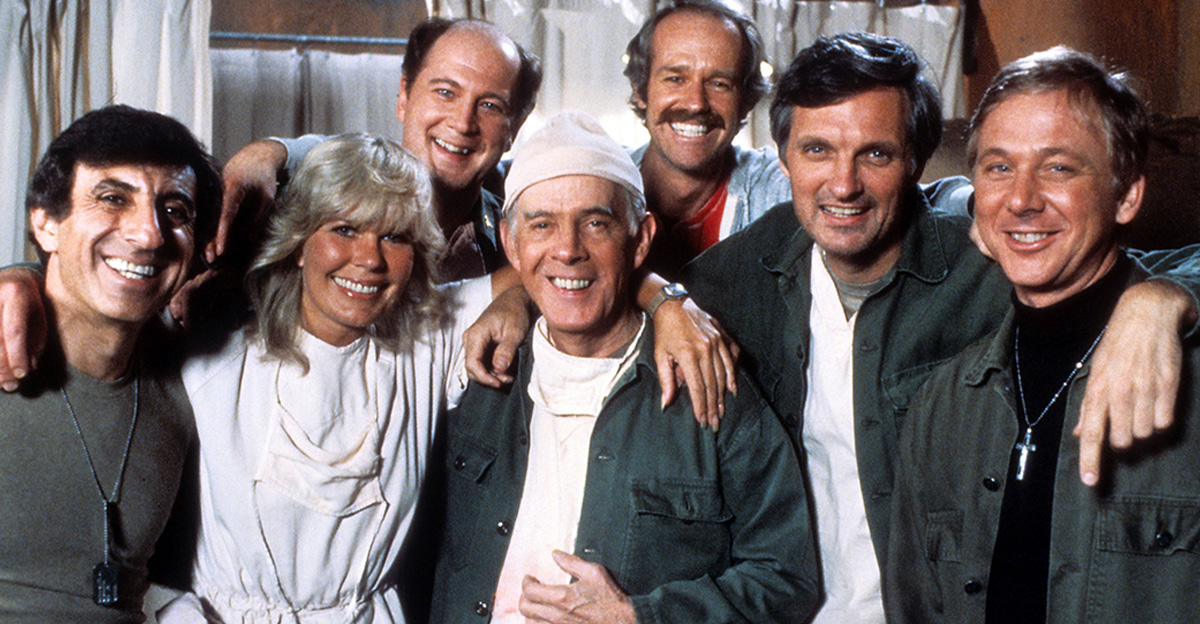
Buffy The Vampire Slayer
Before Sarah Michelle Gellar was staking vampires in Sunnydale, there was a 1992 movie starring Kristy Swanson. The movie was campy fun, but the show became a full-blown cultural phenomenon. Buffy the Vampire Slayer balanced supernatural action with raw emotional storytelling and teenage angst in a way that made it iconic — and far deeper than its big-screen origin.
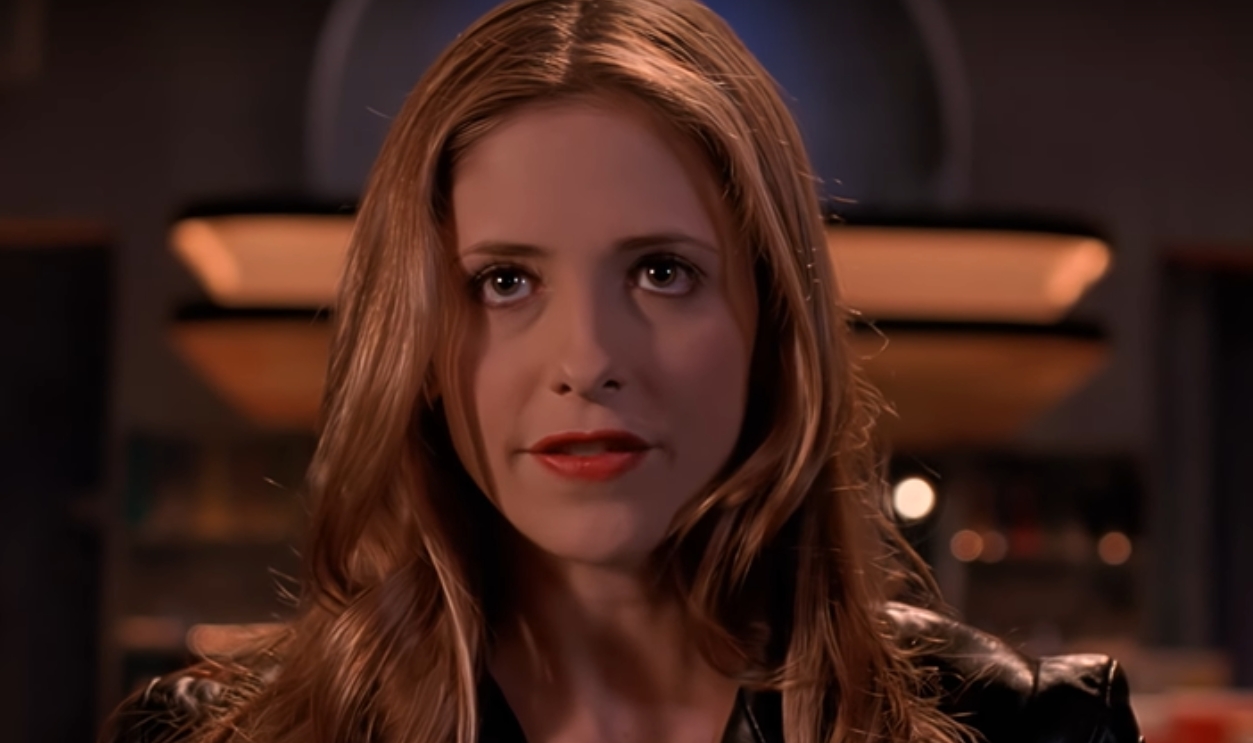 20th Television (Disney), Buffy the Vampire Slayer (1997–2003)
20th Television (Disney), Buffy the Vampire Slayer (1997–2003)
Friday Night Lights
The 2004 movie captured small-town Texas football pride, but the TV show expanded that world into something much richer. Friday Night Lights gave us nuanced characters, emotional arcs, and Coach Taylor’s unforgettable “Clear eyes, full hearts, can’t lose.” It wasn’t just about football — it was about life.
 NBCUniversal Television, Friday Night Lights (2006–2011)
NBCUniversal Television, Friday Night Lights (2006–2011)
M*A*S*H
The 1970 Robert Altman film was a darkly funny war satire, but the TV adaptation became one of the most beloved shows in history. M*A*S*H* found the perfect balance between humor and heartbreak, transforming battlefield cynicism into something deeply human. It ran for 11 seasons — much longer than the actual Korean War.
Fargo
The Coen Brothers’ Fargo was already a masterpiece, so who would dare adapt it for TV? Noah Hawley, apparently — and he nailed it. The FX anthology captures the film’s quirky tone and moral chaos while creating new stories and unforgettable characters. Each season stands tall as its own twisted, snow-covered tragedy.
The Odd Couple
Neil Simon’s 1968 film was a hit, but the TV series that followed in the ’70s turned Felix and Oscar into household names. Tony Randall and Jack Klugman’s chemistry was electric, and their bickering friendship defined the “mismatched roommates” trope for decades to come.
 Paramount Television, The Odd Couple (1970–1975)
Paramount Television, The Odd Couple (1970–1975)
Parenthood
The 1989 Ron Howard film was a warm, ensemble comedy about family life, but NBC’s Parenthood took that warmth and expanded it into six seasons of beautifully written, tear-jerking drama. The Braverman family felt real — messy, loving, and unforgettable.
 Universal Television, Parenthood (2010–2015)
Universal Television, Parenthood (2010–2015)
Westworld
The 1973 Michael Crichton film was a pulpy sci-fi thriller about malfunctioning robots in a theme park. HBO’s Westworld turned that concept into a philosophical epic about free will, consciousness, and the nature of humanity — at least for its first few seasons. Visually stunning and narratively bold, it redefined the source material.
 Warner Bros. Television, Westworld (2016–2022)
Warner Bros. Television, Westworld (2016–2022)
Teen Wolf
The 1985 Michael J. Fox comedy about a basketball-playing werewolf is beloved, sure, but MTV’s rebooted Teen Wolf went for darker, moodier, and more emotionally charged storytelling. It traded slapstick for supernatural drama — and it worked surprisingly well.
 MTV Entertainment Studios, Teen Wolf (2011–2017)
MTV Entertainment Studios, Teen Wolf (2011–2017)
What We Do In The Shadows
Taika Waititi and Jemaine Clement’s 2014 mockumentary film was hilarious, but the TV version? A modern comedy classic. The series expands the world of vampire roommates in Staten Island, introducing new characters and absurd supernatural situations that somehow manage to top the original film’s humor.
 FX Productions, What We Do in the Shadows (2019–)
FX Productions, What We Do in the Shadows (2019–)
Nikita
The 1990 French film La Femme Nikita was a cult hit, and the American remake had its moment. But the 2010 CW series Nikita, starring Maggie Q, elevated the concept — a spy drama packed with intrigue, emotion, and an incredible female lead who could outfight and outthink anyone.
 Warner Bros. Television, Nikita (2010–2013)
Warner Bros. Television, Nikita (2010–2013)
Bates Motel
Psycho is a masterpiece of horror, so turning it into a TV prequel was a risky move. But Bates Motel pulled it off with eerie precision, focusing on Norman and Norma Bates’ complex, unsettling relationship. Vera Farmiga’s performance alone made it must-watch TV.
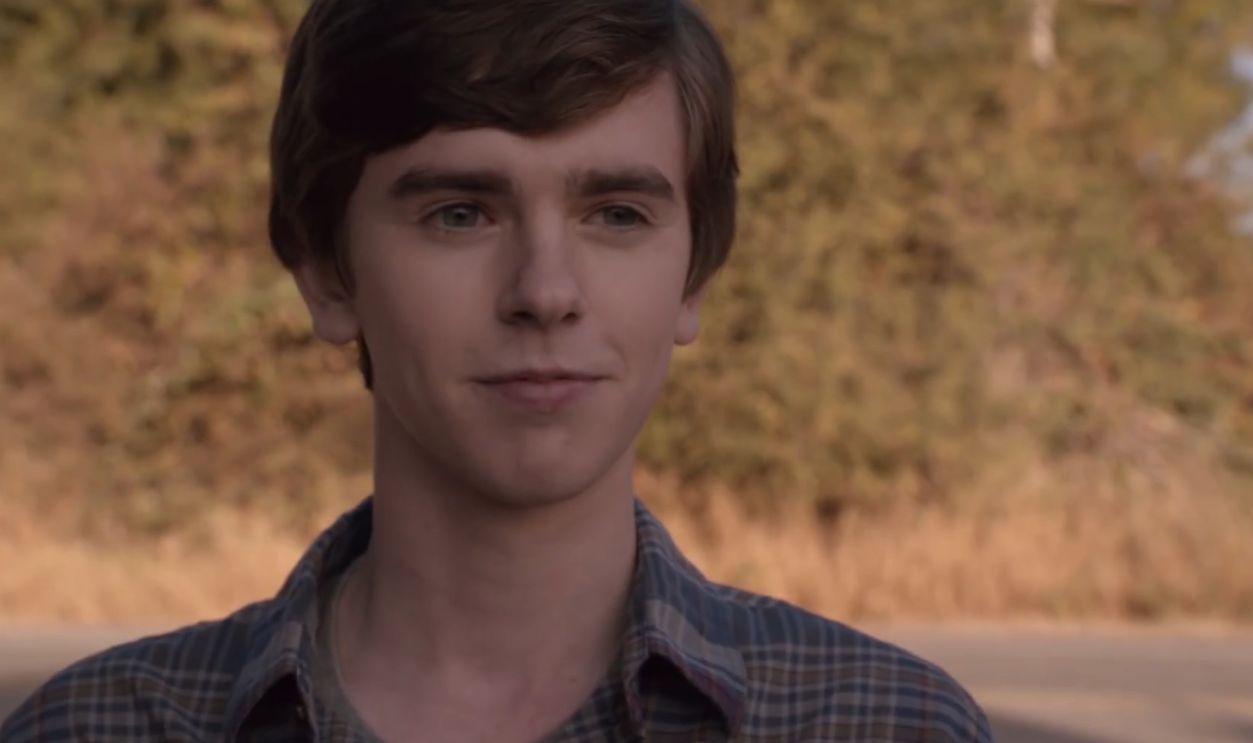 A&E Networks, Bates Motel (2013–2017)
A&E Networks, Bates Motel (2013–2017)
Ash vs Evil Dead
The Evil Dead movies were cult horror gems, but Starz’s Ash vs Evil Dead brought Bruce Campbell’s chainsaw-wielding hero back in glorious, gory form. It was self-aware, over-the-top, and pure fun — the perfect evolution of the franchise.
 Starz, Ash vs Evil Dead (2015–2018)
Starz, Ash vs Evil Dead (2015–2018)
Highlander: The Series
The 1986 Highlander film had style but limited story depth. The TV show, however, expanded the mythos of immortal warriors into a sprawling fantasy saga that hooked fans for years. There could only be one — but this one was pretty great.
 Gaumont Television, Highlander: The Series (1992–1998)
Gaumont Television, Highlander: The Series (1992–1998)
12 Monkeys
Terry Gilliam’s 12 Monkeys was a mind-bending sci-fi film. The Syfy TV adaptation took that premise and ran with it, building a rich mythology over four seasons. It managed to stay twisty, emotional, and satisfyingly complex right until the end.
Cobra Kai
Turning The Karate Kid into a show about middle-aged rivalries was a bold idea — and it paid off spectacularly. Cobra Kai flipped the script, giving depth to Johnny Lawrence while updating the saga for a new generation. It’s nostalgic, hilarious, and surprisingly heartfelt.
Limitless
The 2011 film had a fun concept — a pill that unlocks the full potential of the brain. The CBS series took that idea and turned it into an engaging procedural with humor and charm. It was short-lived but often considered more fun than the original movie.
Snowpiercer
Bong Joon-ho’s 2013 film was a claustrophobic masterpiece. The TV adaptation expanded the world beyond the train’s corridors, adding political intrigue and fresh characters. While it didn’t surpass the film artistically, it built an immersive, evolving universe that stood on its own.
Lethal Weapon
Turning the iconic buddy-cop movies into a TV series sounded like a cash grab — until people watched it. Damon Wayans and Clayne Crawford’s chemistry brought Lethal Weapon roaring back to life, making the show an action-comedy highlight of the late 2010s.
 Fox, Lethal Weapon (2016–2019)
Fox, Lethal Weapon (2016–2019)
Animal Kingdom
Based on the 2010 Australian crime film, the TNT series Animal Kingdom transformed the story of a criminal family into a sprawling, gritty family saga. With Ellen Barkin’s powerhouse performance and taut writing, it’s arguably the definitive version of the story.
 TNT, Animal Kingdom (2016–2022)
TNT, Animal Kingdom (2016–2022)
Clueless
The 1995 teen classic already had the makings of a great series, and the ’90s TV adaptation delivered — giving us more of Cher, Dionne, and the Beverly Hills drama we loved. While not as iconic as the movie, it sustained the spirit and humor that fans craved.
The Dead Zone
David Cronenberg’s 1983 film was haunting, but the TV series starring Anthony Michael Hall turned it into an addictive paranormal procedural. With six seasons of psychic mysteries and moral dilemmas, it expanded the concept far beyond the movie’s scope.
 USA Network, The Dead Zone (2002–2007)
USA Network, The Dead Zone (2002–2007)
Hannibal
While The Silence of the Lambs remains untouchable, Hannibal took the universe and made it its own. Bryan Fuller’s adaptation was a psychological and visual feast — gorgeously disturbing, stylishly written, and brilliantly acted. It’s art-house horror at its finest.
Penny Dreadful
Building on the gothic horror tradition of movies like Frankenstein and Dracula, Penny Dreadful created an original universe that blended classic monsters and dark psychology. It’s more of a spiritual successor than a spin-off, but it easily eclipsed its cinematic influences.
 Showtime Networks, Penny Dreadful (2014–2016)
Showtime Networks, Penny Dreadful (2014–2016)
The Exorcist
The 1973 film terrified audiences, but the TV series gave the story new depth. Instead of repeating the same possession narrative, it expanded the mythology of good and evil, offering a surprisingly intelligent, emotionally charged take on spiritual horror.
Wet Hot American Summer: First Day of Camp
The original 2001 film was a cult hit, but Netflix’s prequel series brought back the entire cast — hilariously playing even younger versions of their characters. It leaned hard into absurdity and nostalgia, and fans couldn’t get enough.
 Netflix, Wet Hot American Summer (2015–2017)
Netflix, Wet Hot American Summer (2015–2017)
Star Wars: The Clone Wars
Yes, Star Wars was always huge, but The Clone Wars animated series gave the galaxy far, far away unprecedented emotional and narrative depth. It made Anakin Skywalker a richer character and delivered some of the best storytelling in the franchise.
 Disney, Star Wars: The Clone Wars (2008–2020)
Disney, Star Wars: The Clone Wars (2008–2020)
From Dusk Till Dawn: The Series
Robert Rodriguez’s vampire flick became a TV series that expanded the mythology, deepened the lore, and leaned harder into Aztec vampire horror. It was pulp, fun, and surprisingly ambitious for cable TV.
 El Rey Network, From Dusk Till Dawn: The Series (2014–2016)
El Rey Network, From Dusk Till Dawn: The Series (2014–2016)
When TV Wins The Long Game
What makes these shows stand out isn’t just longevity — it’s transformation. Television gives ideas room to breathe, characters space to grow, and stories a chance to evolve. When done right, the small screen can take a movie’s spark and turn it into a blazing, unforgettable fire.
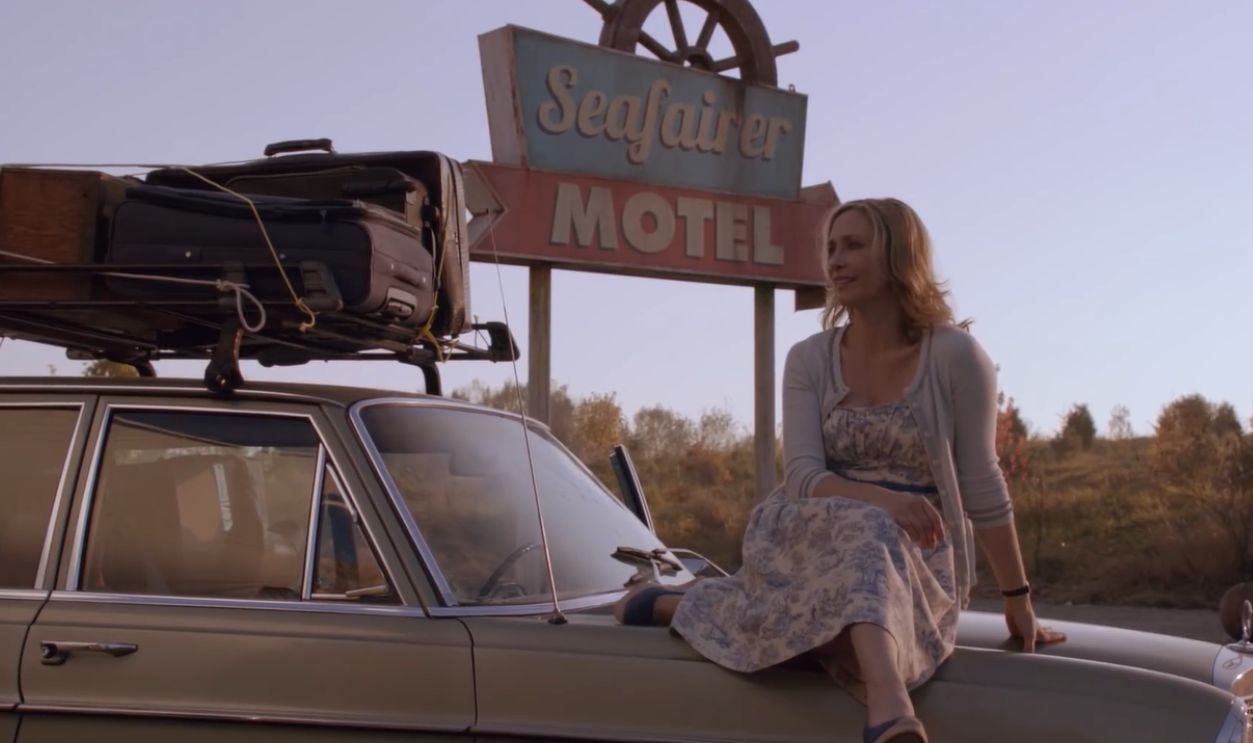 A&E Networks, Bates Motel (2013–2017)
A&E Networks, Bates Motel (2013–2017)
You May Also Like:
Devastating TV Character Deaths
Movies With Bizarre Director Cuts

